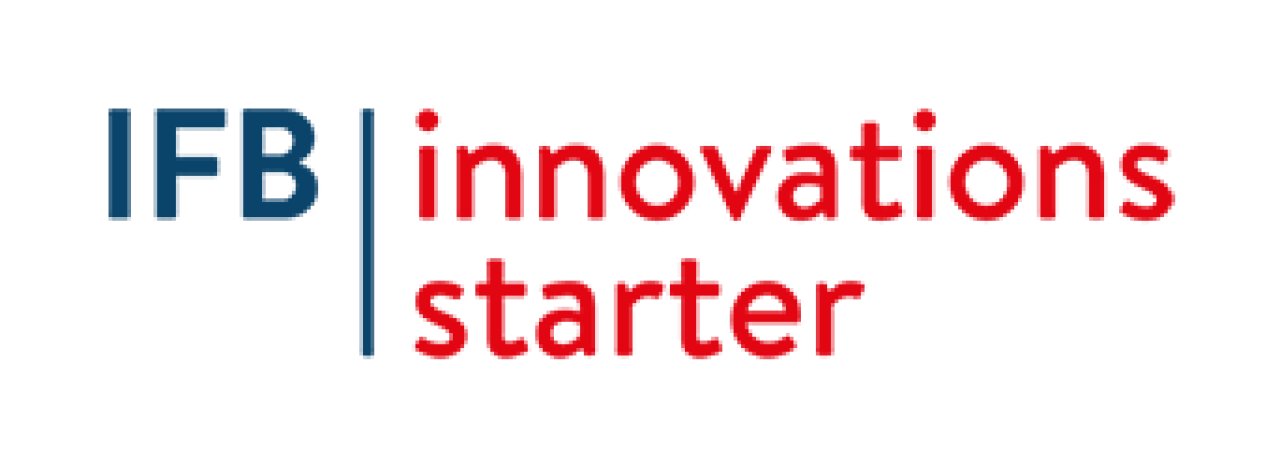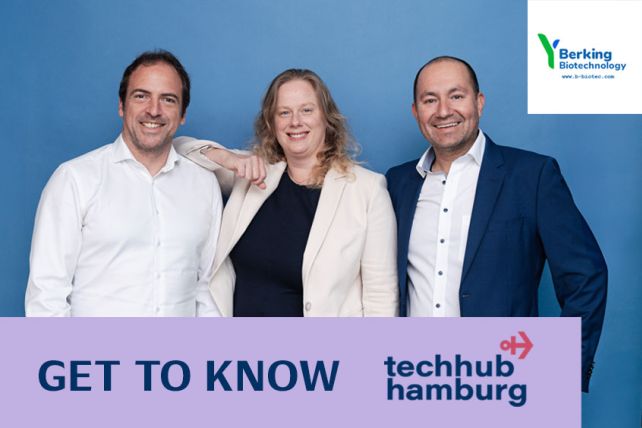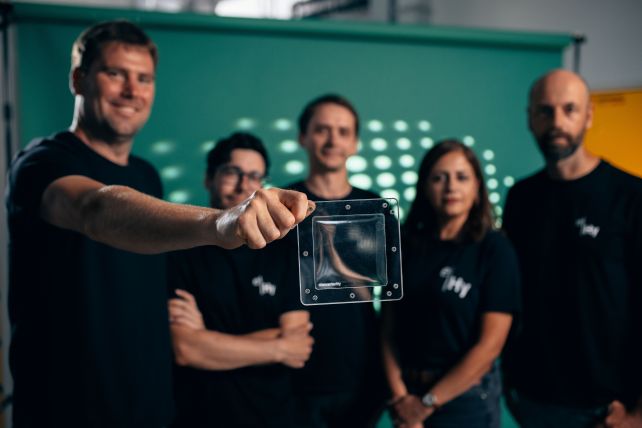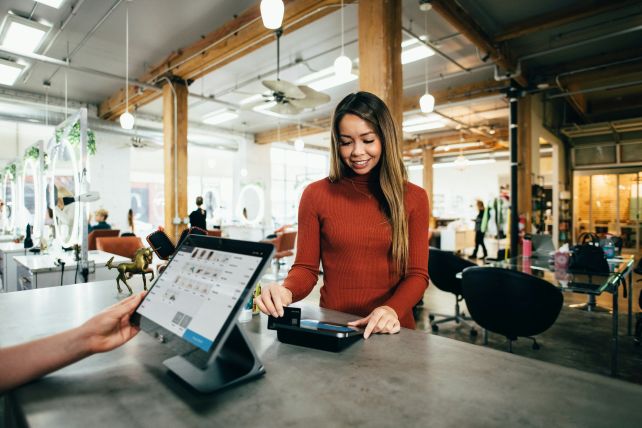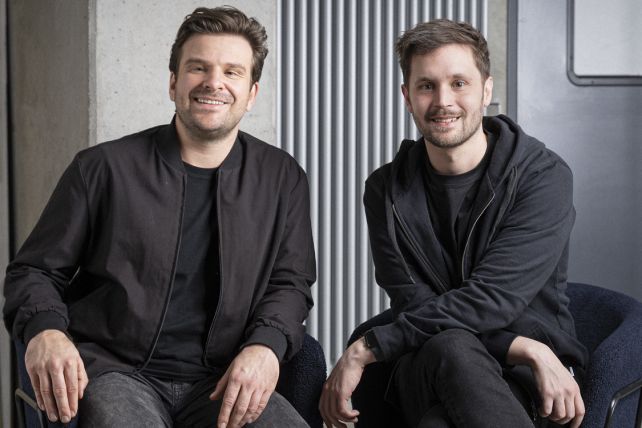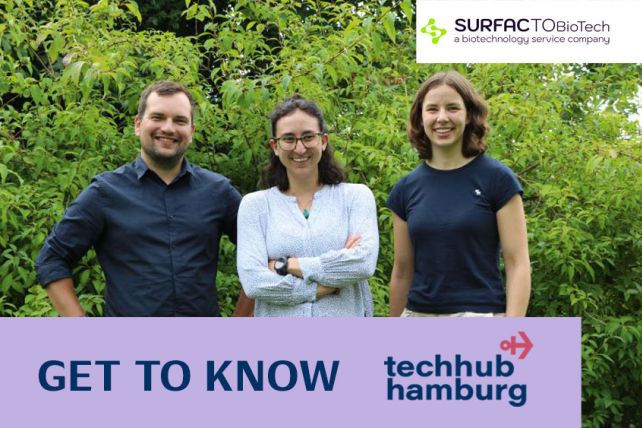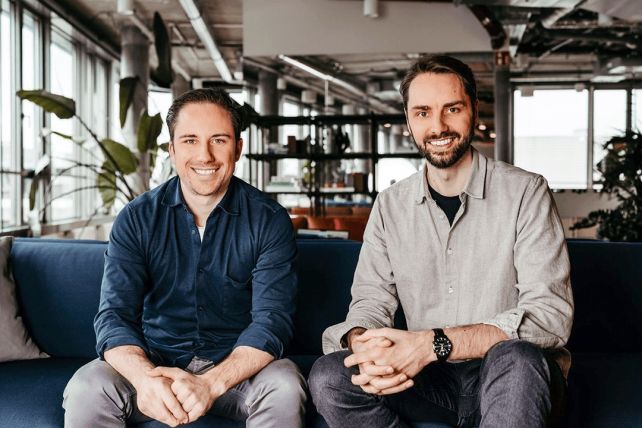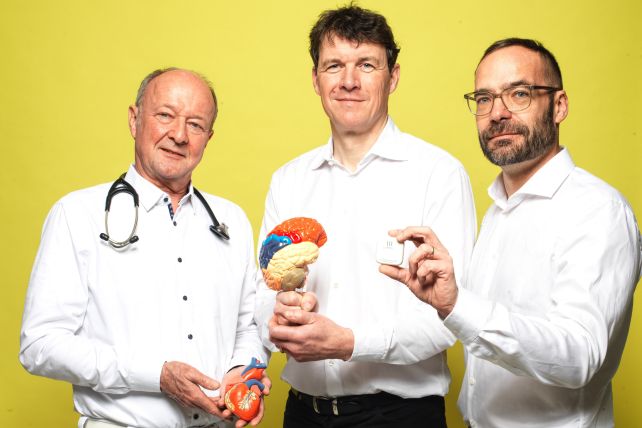This appeal has been heard in the startup world for several years now, but it still remains primarily a male domain. But why is that, what still needs to be done, and what has already been done?

History is full of role models for female founders
It is often said that young women lack female role models who could encourage them to found a startup. Yet they abound, and their stories go far back in time. Ada Lovelace from the 19th century is considered the first female developer of a computer program. Melitta Bentz invented the coffee filter in the early 20th century, and the resulting company still bears her name. In the 1940s, Hedy Lamarr created the basis for the technology that is ubiquitous today under the name Bluetooth.
What this and many similar stories have in common: Their heroines did not receive the recognition they deserved during their lifetimes, or at least they were forgotten by the general public. Seen in this light, they are indeed missing, the really great role models that everyone knows. The Musks, Zuckerbergs and Bezoz', even if these men are certainly controversial. However, there are many indications that this could soon change.
The information about the proportion of women among startup founders vary widely and are sometimes quite contradictory. For example, the Corona pandemic in the USA is said to have led to a record 49% of companies being founded by women, while in Germany this figure has declined. In addition, it is often difficult to make a precise distinction between a conventional company and a startup. A startup is basically characterized by an innovative business idea, ideally with a high technology content, and strong growth potential, and must not be older than ten years. This is how it is defined by the German Startup Monitor, the most cited source on this topic in this country. The 2022 edition identified a 20% share of women in startup teams, a new high. Hamburg comes in at 23 % in this study.
So there is still a long way to go before we can talk about gender parity here. Irrespective of the question of role models, there are a number of possible explanations for this. It already starts in childhood, when boys are given more confidence and trust themselves more than girls. Risk-taking is part of startup culture, as is failure; it is generally assumed that up to 90% of startups do not survive the first three years. This failure rate is likely to be lower for female founders, as their business models are often better thought out and implementations better planned. At least, that's what a study by the Boston Consulting Group suggests, according to which every dollar invested in a startup with female founders brings in twice as much revenue as all-male teams.
However, this may also be related to the fact that women have much greater difficulties than men in closing larger financing rounds. In 2022, for example, 12.3 billion euros in venture capital flowed into startups (co)founded by women in Europe. But that's just 13.8% of the total pie. Women-only teams even received only 0.9%. One of the main reasons for this: On the investor side, male dominance is even greater than among founders. Men are more likely to invest in gender comrades because they seem to identify with them more easily. Another point that is closely related to the classic distribution of roles is the fact that startups with a high level of technological innovation achieve higher funding (Source: EY Startup Barometer). While the proportion of women among students is now over 50%, the figure in STEM subjects is only just over 30%. This is then also reflected in the preferred business areas of female founders. Food and other consumer goods are disproportionately represented there, as are industries with a social focus such as medicine and education. (Source: Female Founders Monitor).


The best way to close the funding gap for female founders is for more women to become investors. Female VCs are twice as likely to invest in female founder teams as their male counterparts. In 2019, Auxxo became the first investment company in Germany to finance exclusively startups with female founder participation. In addition, more and more successful female founders are getting involved as business angels, therefore as investors who support startups in their earliest stages. These include Verena Pausder, Lea-Sophie Cramer and Miriam Wohlfahrt, who thus serve as role models in two respects.
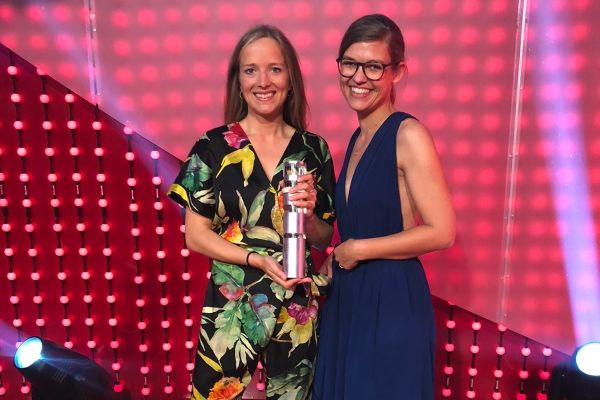
Hamburg's female startup scene has a lot to offer
There is no shortage of female role models in Hamburg's startup scene also. The most awarded startup in Germany in 2021 was traceless materials, founded by Dr. Anne Lamp and Johanna Baare. In 2022, the success continued with the Hamburg and German Founders' Awards, among others. All the awards were for a plastic alternative made from plant residues. Localyze closed one of the largest financing rounds in Hamburg in 2022. Founders Hanna Asmussen, Lisa Dahlke and Franziska Löw received 35 million US-dollars for their platform that makes it easier for employers to bring in skilled workers from abroad. Localyze's strong international focus is noteworthy, and the team was already able to secure a place in the renowned Y-Combinator accelerator in Silicon Valley in 2019.

Hamburg's female founders thus cover pretty much all areas. And they are increasingly coming into the public eye. In the last year and a half, the pitch competition Female StartAperitivo has developed into a crowd puller and from a local to a nationwide event. For the Hamburg semi-final on June 14, female founders can still apply until May 31. The grand finale will then take place on July 6. The application phase for the Gründer*innen Pitch, which will take place on May 9 as part of the OMR Festival, is also still open until March 13 . Finally, on March 30, the STARTERiN Hamburg 2023 will be selected in three categories.
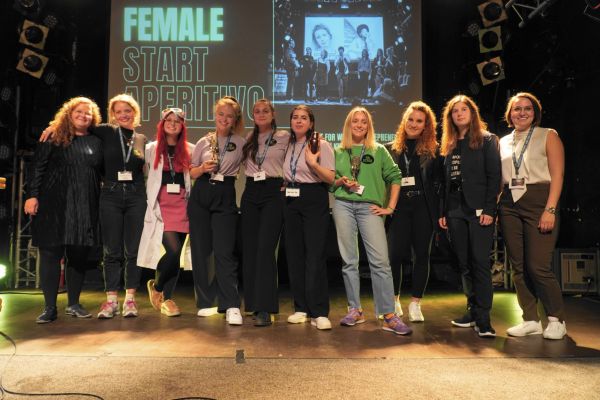
Hamburg's range of networks, advice and support programs
Women know how important networking and mutual support are for business. One nationwide network is encourgageventures, which brings together female investors and founders. In Hamburg, they meet to exchange experiences at a Ladies Dinner, for example, and organize meetups where they represent their interests. The Startup-Unit of Hamburg Invest sees itself as an interest group for all those interested in founding a company, but there, too, head Veronika Reichboth is increasingly focusing on female founders. The same applies to IFB Innovationsstarter GmbH, whose Hamburg Investors Network launched Female StartAperitivo, but is primarily known for its funding programs. InnoFounder, which is aimed at startups in the founding phase, recently adopted a guideline from which not only, but enhanced, women can benefit. Whereas previously at least one person from the team had to work 100% for the startup, part-time startups are now also funded.

So a lot is happening in Hamburg, and politicians have also recognized the signs of the times. Hamburg's Second Mayor Katharina Fegebank sums up the plans like this:






